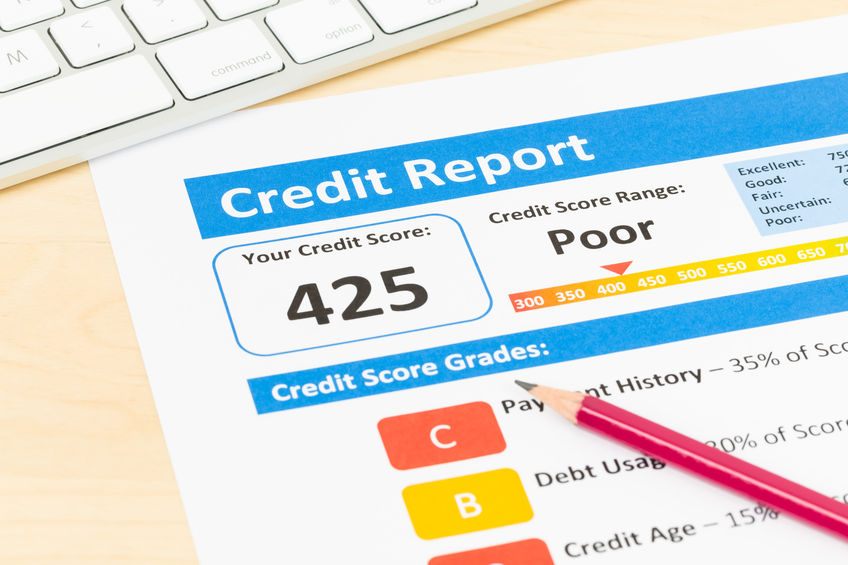 Buying your first home? Here are three real estate professionals who will play a big role in your leap from renting to owning your own home:
Buying your first home? Here are three real estate professionals who will play a big role in your leap from renting to owning your own home:
Mortgage loan officer. Before you look at a single home, you should get pre-approved for financing from a reputable mortgage company. Once you’re pre-approved, you can begin your home search. By visiting with a lender first, you’ll know how much home you can reasonably afford and you’ll be able to make legitimate offers on any homes that meet your criteria.
Real estate agent. There’s a reason that nearly 90 percent of home buyers purchase their homes with the help of a real estate agent or broker. (That’s a percentage that has steadily increased from 69 percent in 2001!) An agent can guide you through one of the most important — not to mention largest — purchases of your life. Assistance from an experienced real estate professional is vital.
Home inspector. Many home buyers make offers contingent upon a home inspection. Without a professional home inspection, you may miss issues or problems that potentially could cost you a lot of money. It’s well worth the cost. A home inspector could spend several hours canvassing the property to give you an idea of the home’s condition.





 Driving is a privilege, not a right. Sometimes we get lax about certain safety precautions and need a reminder of why they exist in the first place. That said, here are 4 truths about driving we should all take to heart:
Driving is a privilege, not a right. Sometimes we get lax about certain safety precautions and need a reminder of why they exist in the first place. That said, here are 4 truths about driving we should all take to heart:
 When it comes time to sell your home, you’ll need to decide which types of repairs and improvements you’ll want to make before it’s listed for sale. Should you update your kitchen? Apply fresh paint to the living room? Plant flowers? Clean or replace your worn carpet? Your real estate agent can help you determine which repairs may be the most important in appealing to the most prospective home buyers.
When it comes time to sell your home, you’ll need to decide which types of repairs and improvements you’ll want to make before it’s listed for sale. Should you update your kitchen? Apply fresh paint to the living room? Plant flowers? Clean or replace your worn carpet? Your real estate agent can help you determine which repairs may be the most important in appealing to the most prospective home buyers.
 Ever wonder which things can affect your credit score the most when you’re applying for a mortgage loan? Here are some of the top factors that can dramatically lower anyone’s score:
Ever wonder which things can affect your credit score the most when you’re applying for a mortgage loan? Here are some of the top factors that can dramatically lower anyone’s score: